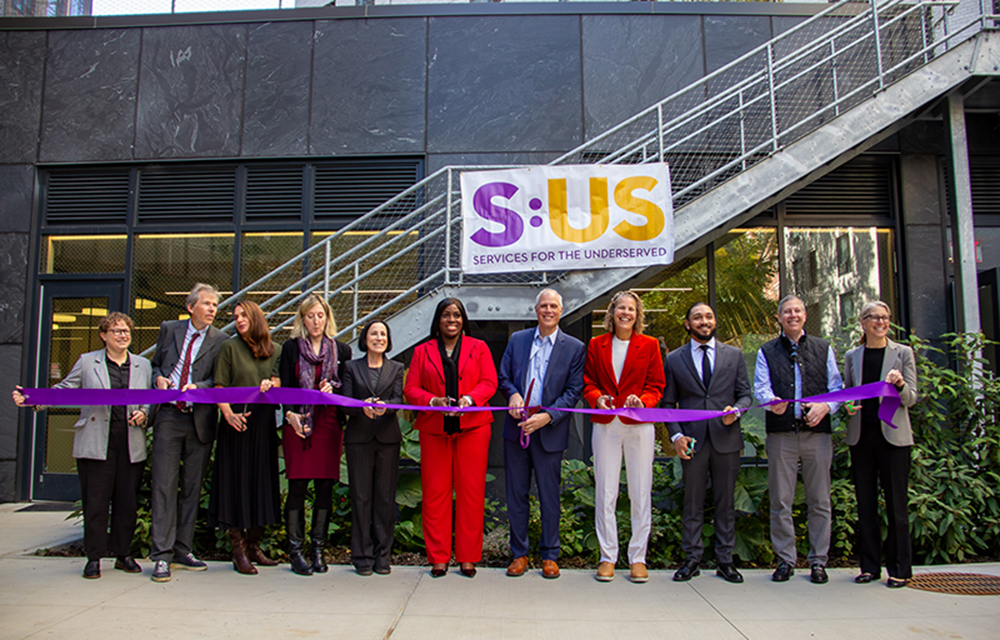News:
Construction Design & Engineering
Posted: January 10, 2011
Open Standards Consortium for Real Estate: Seeking standards in a common cause
John Bennett, vice president of UK and Europe for Yardi Systems, recently was nominated to join the board of directors of the Open Standards Consortium for Real Estate. He used the occasion to reflect on OSCRE's role in the real estate industry.
Q: Mr. Bennett, just what does "open standards" mean?
A: The premise of open standards is that people who manage and invest in property collaborate every day. They can do that better if their various real estate technologies and systems can talk to each other. With the diversity of systems in use, proprietary data formats and multiple interfaces hinder this exchange while open standards promote it.
Q: How can real estate organizations benefit from open standards?
A: Collecting information from one system, transforming it into a format another system can understand, then inserting it correctly into a new system can be slow and inefficient. If the two systems could talk directly to each other, then the work would be simpler. To put it another way, two people talking the same language is simple. Speaking through a translator is not as simple. Similarly, data about properties, leases and tenancies stored in management systems needs to be updated and shared among owners, managing agents, valuers, lawyers and performance analysts. Having multiple formats for essentially the same data just does not make sense.
With reduced development costs, faster time to market, and increased market adoption and acceptance, products and services developed around open standards can produce a higher return on investment.
Q: Can open standards help property and investment management companies operate more efficiently?
A: Yes. Open standards help eliminate error-prone processes, minimize risk, and access accurate data with speed and flexibility, leading to maximum efficiency. Inefficient manual transmission and rekeying of information are replaced by fast, automated machine-to-machine exchanges. Common standards will let industry stakeholders share information regardless of software application, platform or hardware. Companies that must constantly update their portfolio values - daily, in some cases - will no longer be flooded with inconsistent and confusing data.
The automation underlying the proposed Investment Performance and Reporting standard will equip NCREIF, IPD, INREV and other organizations with accurate, timely information for creating indices. Companies will save money by needing less time to import and move data among multiple systems. They will also gain agility and growth opportunities by being able to move and manage data across borders with ease.
Q: What are the drawbacks of not having open standards?
A: Timely and accurate valuations, investor reporting and portfolio accounting depend on the transfer of large amounts of critical data among participants in the real estate ecology. In the absence of a standardized approach, everybody uses their own software applications, templates, formats, and terminology, and the means of collection vary from spreadsheets and printed text to electronic images. This makes moving information among systems or applications labor intensive, slow and largely ineffective. Additionally, end users could be tied into products that no longer suit them, as it is expensive to extract their data from proprietary formats.
Q: What are the obstacles that keep open standards from becoming a reality?
A: End users and system producers all have different perspectives. Many property and investment management companies claim they don't need OSCRE to create common standards and are content to follow the software vendors' lead. For their part, software vendors claim many of their customers aren't requesting OSCRE compliance. One of OSCRE's principal functions, therefore, is getting these different parties together and helping them become well-informed. Creating industry standards must be a partnership between software suppliers and their users. We all need to be around the table together, and OSCRE acts as a neutral facilitator to ensure all views are heard and considered, and that the outcome is in the best interests of the industry as a whole.
Q: Does Yardi support open standards?
A: Absolutely. One reason I hope to join OSCRE's board is to assure our clients and others in the industry that we support open standards and are willing to help our clients understand them and reap the benefits.
Q: What is OCRE's role in the open standards evolution?
A: OSCRE provides a neutral forum that brings together investors, asset managers and property managers with the leading software vendors. This is a collaborative effort to listen and document today's business processes and deliver standards that Yardi and others can build into their product lines. Being a member of OSCRE ensures that your issues are heard and that we deliver the most effective solution for your business. OSCRE wants to streamline communication between people - not just between real estate systems.
John Bennett is vice president of UK and Europe for Yardi Systems.
MORE FROM Construction Design & Engineering
Troutbrook expands with boutique condo project and Marriott Fairfield Inn & Suites renovation
Brooklyn, NY For more than 25 years, Troutbrook/Freud Development has remained focused on executing design-driven projects across the city. Its latest ventures reflect both a continued push into boutique residential development and an expansion

Quick Hits







.gif)
.jpg)

.gif)